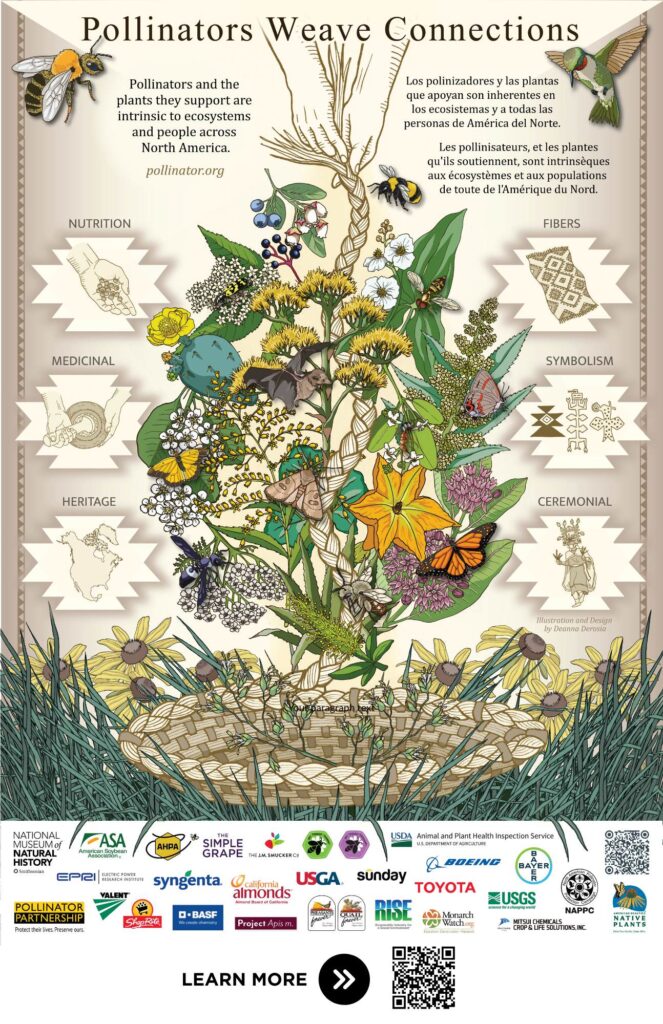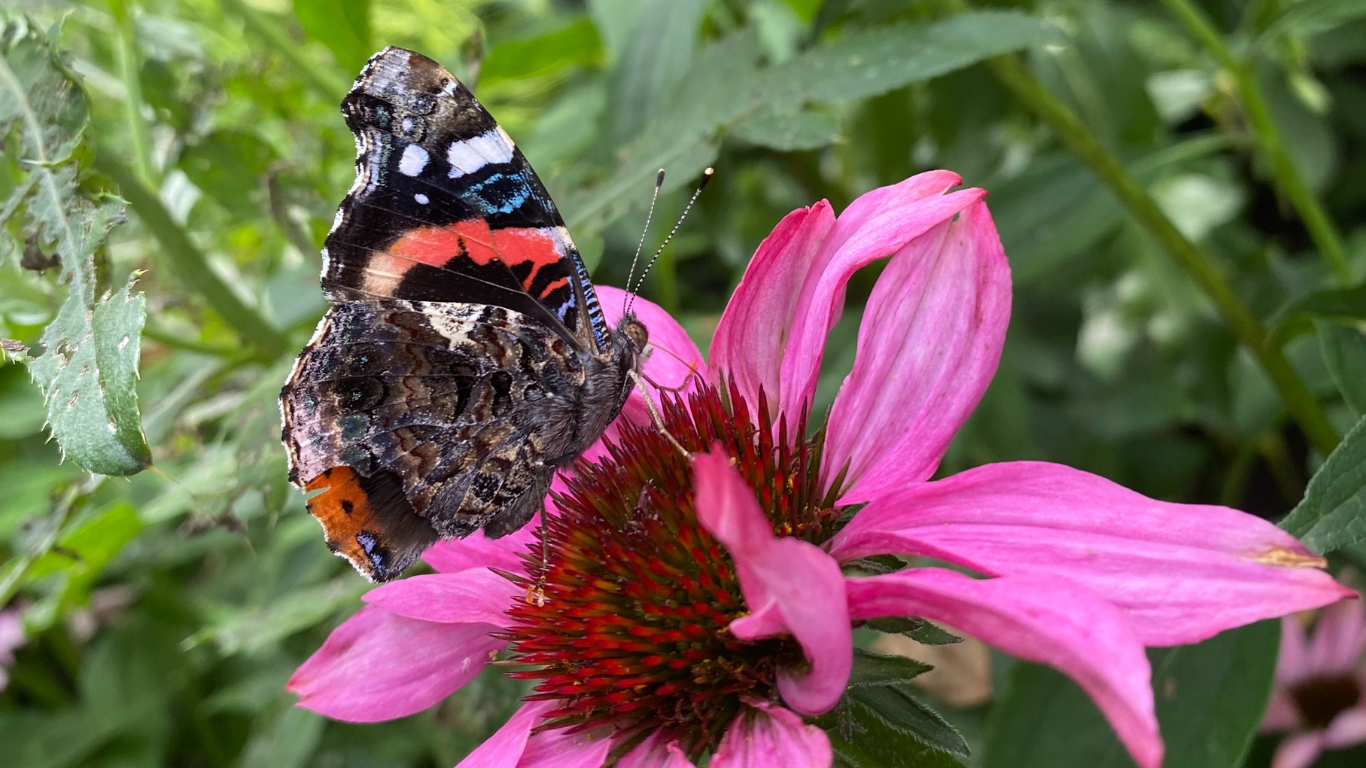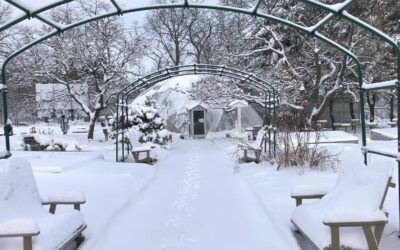Written by Liv Bellfy, 577 Program Intern
National Pollinator Week 2025
This week is National Pollinator Week! From June 16 to June 22, communities nationwide are raising awareness about pollinators and their crucial role in our environment. Pollinators are essential to the vibrant grounds at 577. They help our community gardens flourish and keep our landscape full of life. Founded by the Pollinator Partnership, National Pollinator Week is all about educating the public and inspiring action to protect pollinators. Organizations and locations nationwide are participating by sharing valuable resources and conservation practices.



Why Pollinators Are So Important
Pollinators are responsible for one in every three bites of food we eat (Pollinator Partnership). They are vital to agriculture and essential for sustaining human life. Without pollinators (and the dedication of our incredible community gardeners), 577 would not be able to grow and donate fresh produce. With greater awareness and conservation, we can work together to protect these vital creatures.



How 577 Supports Local Pollinators
At 577, we ensure that pollinators have access to a wide variety of food sources. Our grounds feature a diverse mix of native plants and pollinator favorites, encouraging pollinators to move throughout the gardens and help different species thrive. Our beehives are among our most important tools for pollinator support.
We have two traditional outdoor hives near Virginia’s House, lovingly named Virginia and Serendipity. In addition, we have an indoor observation hive located in the Bee Room, where our bees live in a protected environment and stay busy pollinating flowers and crops across the property. We’re still trying to come up with the perfect name for the indoor hive—if you have an idea, we’d love to hear it! Send your suggestions to hello@577foundation.org. The Bee Room, located near the Courtyard and Log House, also serves as an educational space where visitors can learn more about pollinators, view the observation hive, and explore kid-friendly activities and resources.
Bees are not the only pollinators we support. We also provide habitat for other helpful species:
- Bat Houses: Several bat houses are located across the property. Bats serve as natural pest control, eating thousands of mosquitoes each night, and they are excellent seed dispersers. Some bat species in the western U.S. even pollinate desert plants.
- Hummingbirds: These fast flyers are drawn to a variety of blooms at 577 and are frequent visitors.
- Butterflies: Monarchs and Swallowtails are just a couple of the butterfly species you’ll often spot fluttering through our gardens.






What You Can Do
- Pollinator-Friendly Planting
Local pollinators are best supported by native plants. You do not need a large garden. Potted plants or window boxes work too. Planting in clusters helps guide pollinators more effectively. - Reduce the Impact of Pesticides
At 577, we follow organic gardening practices, which means no pesticides are used anywhere on the grounds. You can support pollinators by avoiding pesticides and exploring natural alternatives for pest control. - Practice Sustainability
Pollution and climate change are major threats to pollinator populations. Reduce waste, use fewer resources, and rethink your daily habits. Every action helps.



To learn more about the weeklong celebration and the many ways pollinators are woven into our lives, explore the 2025 Pollinator Poster, “Pollinators Weave Connections.” This year’s theme highlights how pollinators support not just food systems, but also health, heritage, symbolism, and ceremony. Many Indigenous communities have long recognized the deep cultural and ecological significance of pollinators.
Visit pollinator.org/pollinator-week to view the full poster and discover more about how you can get involved. Learn more about pollinators at pollinator.org/pollinators.




